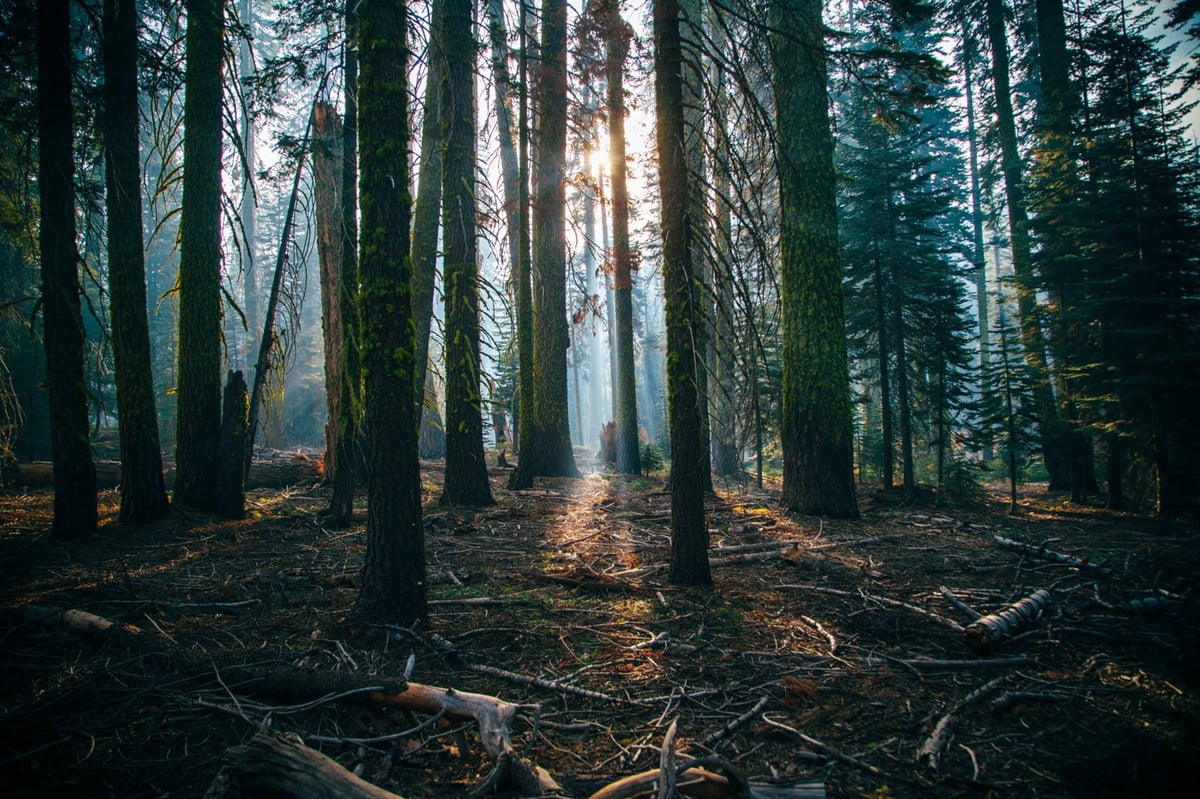Stopping time by sitting in a forest for 24 hours

Mark O’Connell felt like his life was getting busier, faster, he felt constantly short of time, which might sound familiar to many of us. He decided to try a natural treatment by spending 24 hours alone in the forest doing… nothing. Which is exactly the point of this “ritual whereby you stepped out of the flux of the world, in order to gain some perspective on the flux, and your place within it.”
At some point in my late 30s, I recognised the paradoxical source of this anxiety: that every single thing in life took much longer than I expected it to, except for life itself, which went much faster, and would be over before I knew where I was. […]
But it was also the sheer velocity of change, the state of growth and flux in which my children existed, and the constant small adjustments that were necessary to accommodate these changes.
Perhaps unsurprisingly, wilderness retreat groups exist, starting with a week in the woods with the group, and ending with a “wilderness solo” alone with your thoughts and as little as possible to do, some even forgoing meals so they don’t use the prep and eating as distraction.
There was an extraordinary transformative power, he insisted, in the practice of sitting and doing nothing, and thereby slowing your mind and body to a meditative rhythm in nature. […]
And as you become untethered from your accustomed orientation in time - from always knowing what time it is, how long you have to do the thing you’re doing, when you have to stop doing it to do the next thing - you begin to glimpse a new perspective on the anxiety that arises from that orientation. Because this anxiety, which amounts to a sort of cost-benefit analysis of every passing moment, is a quintessentially modern predicament.
A recommend read to see how O’Connell acclimated to the stillness, to observing leaves and running water, and how in just that 25 hour, he saw a change in his perception of time and boredom.
Header image: Jesse Gardner on Unsplash.





Stay Connected